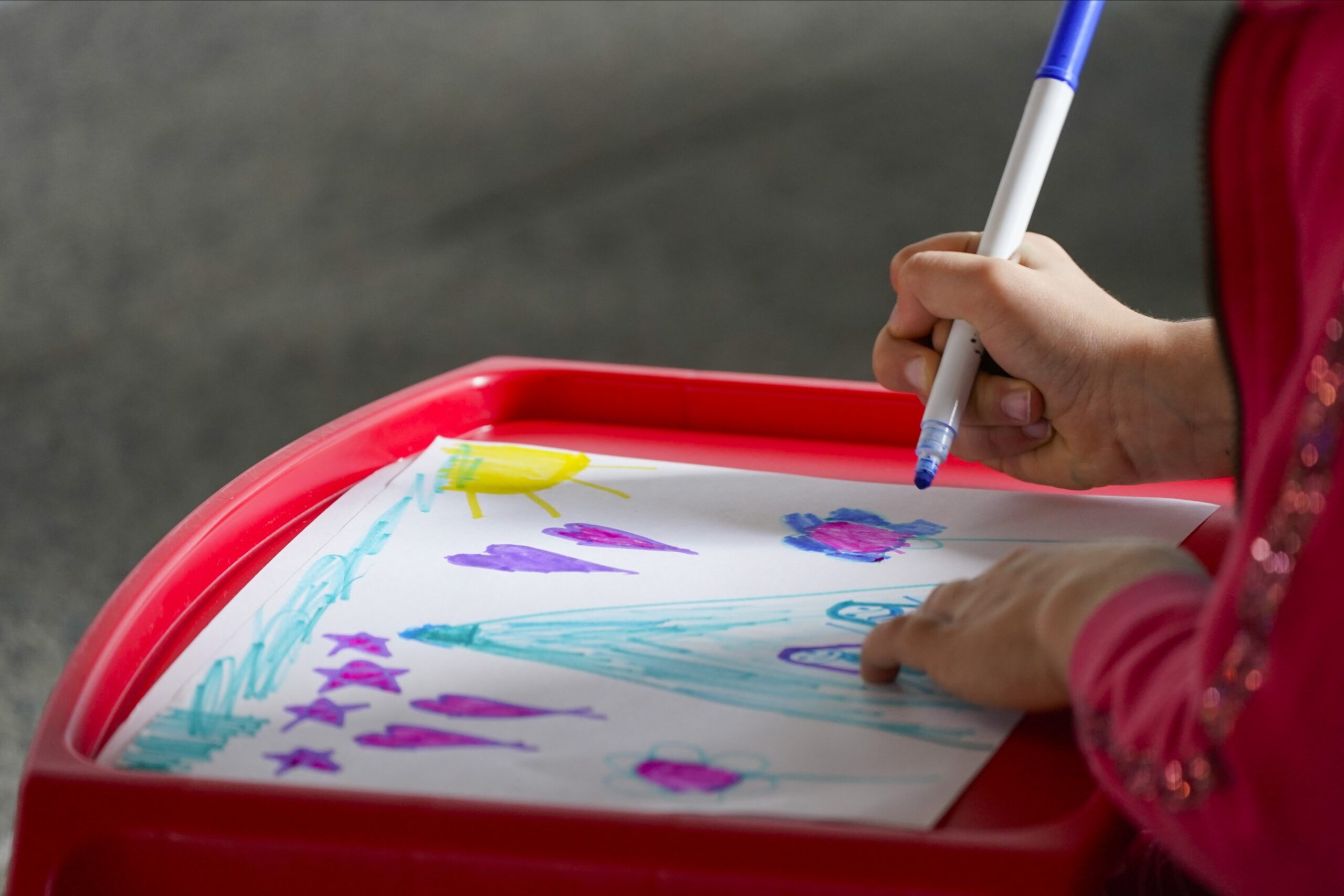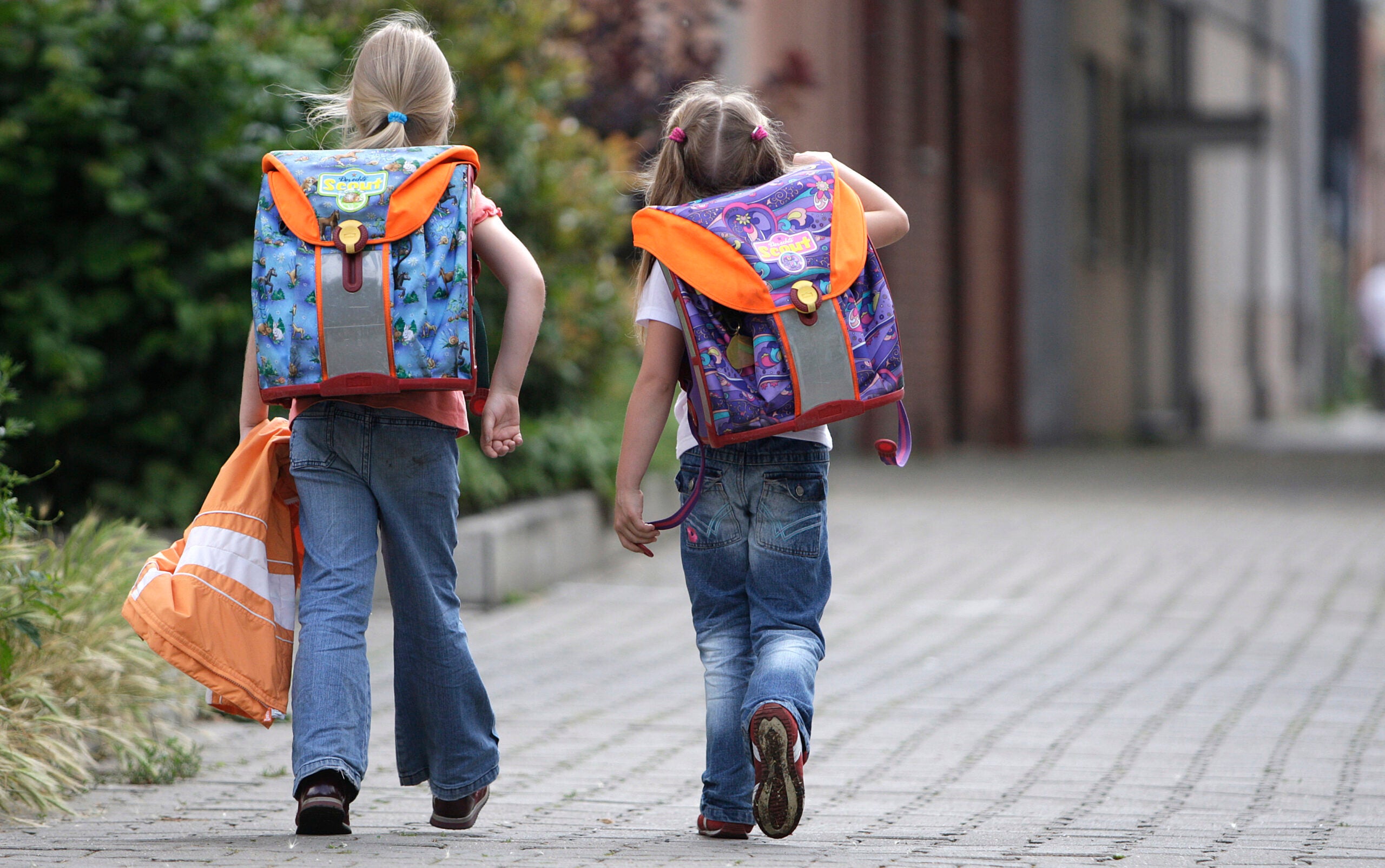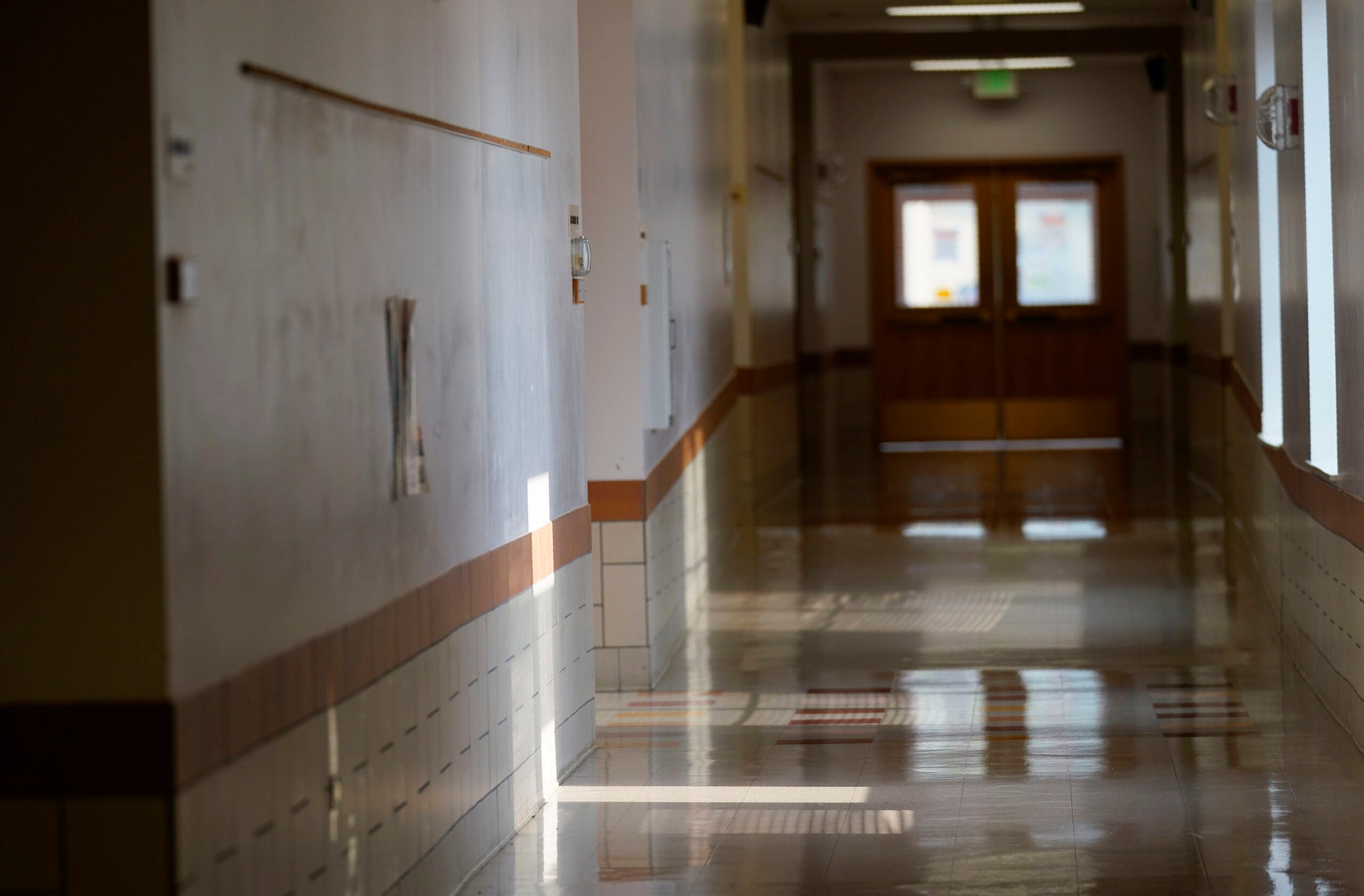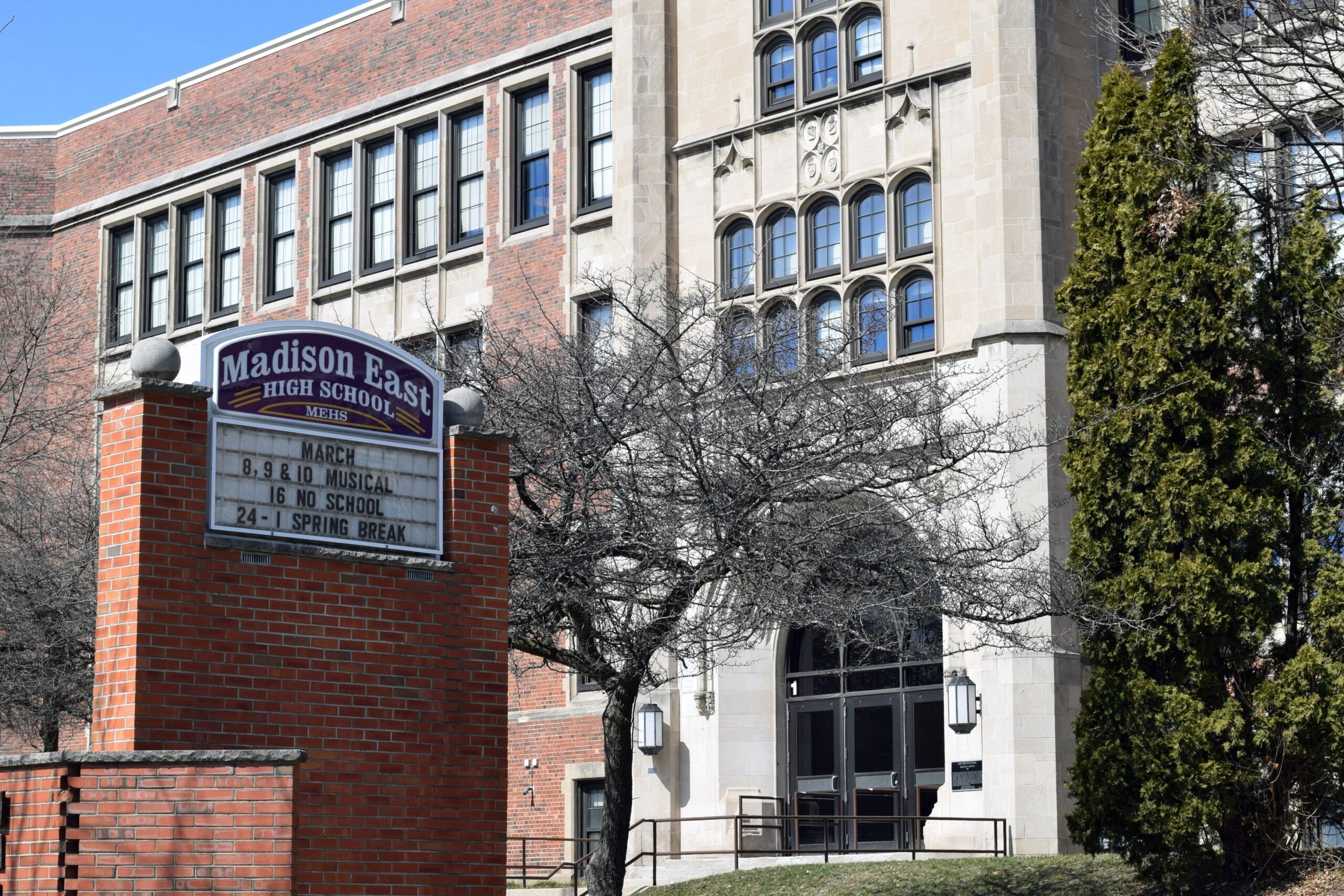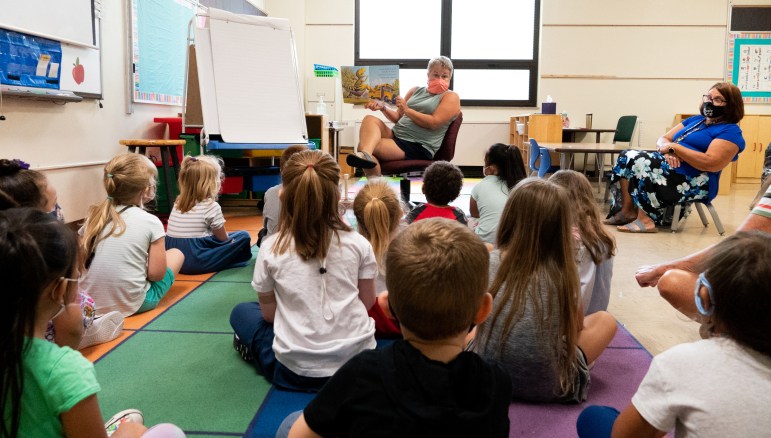As more of Wisconsin’s teachers get vaccinated against COVID-19 — and with cases down substantially from their fall peak — next school year looks promising for broad, safe in-person instruction.
Between that hope and concerns about learning loss and widening opportunity gaps between students, some districts are considering an early start to next school year, as well as beefed-up summer school programming — an idea endorsed by Gov. Tony Evers last week.
In Wisconsin, public schools that want to start the school year before Sept. 1 have to request a variance from the Department of Public Instruction, and cite their reasons for changing the school calendar. Calendar changes are only granted for “extraordinary reasons,” which is typically a high threshold. But with the circumstances of a global pandemic, schools have been able to more easily make a case for changing up their calendars. Some have said starting in August would allow them to improve ventilation by opening windows or even teaching classes outside, while the weather is still warm.
Stay informed on the latest news
Sign up for WPR’s email newsletter.
As of Tuesday morning, four districts have been granted an earlier start date for the 2021-2022 school year because of a COVID-19-related reason, three of which also started early this school year. Last year, 14 school districts were granted variances based on COVID-19.
“Knowing that we’ve had closures the 2020-2021 school year and are anticipating more, we wanted to get our students in, have them engaging in instructional activities as soon as possible,” said Ty Breitlow, administrator for the Randolph School District. “It was really a reactive piece, but it was also a proactive piece moving into next school year.”
This is Randolph’s first time requesting an earlier start date, and they’re only adding two days to what would have been allowed without it — the schools will start classes Aug. 30. Still, Breitlow said, it’s an opportunity to pick up additional instructional time without throwing its families schedules into chaos.
A few extra days next fall is just one piece of a broader attempt to recover some of the learning and opportunities lost during the last year, he said. Randolph, some 15 miles north of Columbus, started its credit recovery program for students who failed a class in January of this year, rather than waiting for the summer like it has in the past.
Breitlow said it’s unlikely Randolph would start the year much earlier if it gets the chance again next year.
“Being a rural farming community, we probably would look at that, but I don’t know that it would be far in advance, because we still have the fall harvest to think about,” he said.
Wisconsin legislators have previously been wary of letting schools start earlier, in part because of concerns over tourism, but some administrators are hopeful that they’ll reconsider this year.
“I’m all for local control,” said Paul Schley, superintendent of the Cornell school district. “If that were the case, we’d always be starting in August.”
Cornell started this school year on Aug. 17, and plans to begin classes Aug. 25 next school year. Schley said families like having classes wrap up before Memorial Day, and that it’s better for students and teachers as well. He said the schools always have a harder time keeping the kids focused in the spring as it starts to get warm.
Stanley-Boyd school district administrator Jeffrey Koenig said COVID-19 was a major factor in his district seeking an earlier start to both this year and next year, but that he, like Schley, thinks the district would also start earlier as a rule if the state allowed it.
“We’re on trimesters, and all the natural breaks and times just line up so much better with that mid-August start,” he said.
Stanley-Boyd is scheduled to start the 2021-2022 school year on Aug. 19.
“It’s something that the parents, the community, really strongly supported this year,” he said. “When we had our public hearing last month to apply for the waiver this next year, again, all we had were positive comments, people were really excited.”
Aside from earlier starts, many districts — even those that have been fully virtual all year —are looking to more robust in-person summer school.
Last year, many districts cut their programming down and focused on core competencies around math and reading to make up some of the instructional time lost in the spring. Summer school enrollment fell by more than half in 2020, in part because many districts were offering fewer programs and in part because virtual options weren’t appealing to families burnt out from Zoom meetings and classes in the spring.
Now that districts have a better understanding of COVID-19 than they did last year, and are teaching in-person or are planning to bring students back into classrooms, they’re also seeing more opportunities in summer 2021. The Madison Metropolitan School District has dubbed its summer programming a “summer semester” specifically geared toward credit recovery and core concepts that students may be struggling with because of difficulties during virtual learning.
“We recognize that due to the disruption in learning when schools closed in March 2020 and the ongoing virtual learning challenges, that many of our students have missed instruction which highlights the need for high quality, targeted instruction for our students who need it the most beyond the regular school year,” the Madison school district wrote on its summer program webpage. “We will maximize learning opportunities for students in the area of reading and math instruction for grades K-8, keep a focus on students who are in critical transitions and ensure credit recovery for our high school students.”
Wisconsin Public Radio, © Copyright 2024, Board of Regents of the University of Wisconsin System and Wisconsin Educational Communications Board.

